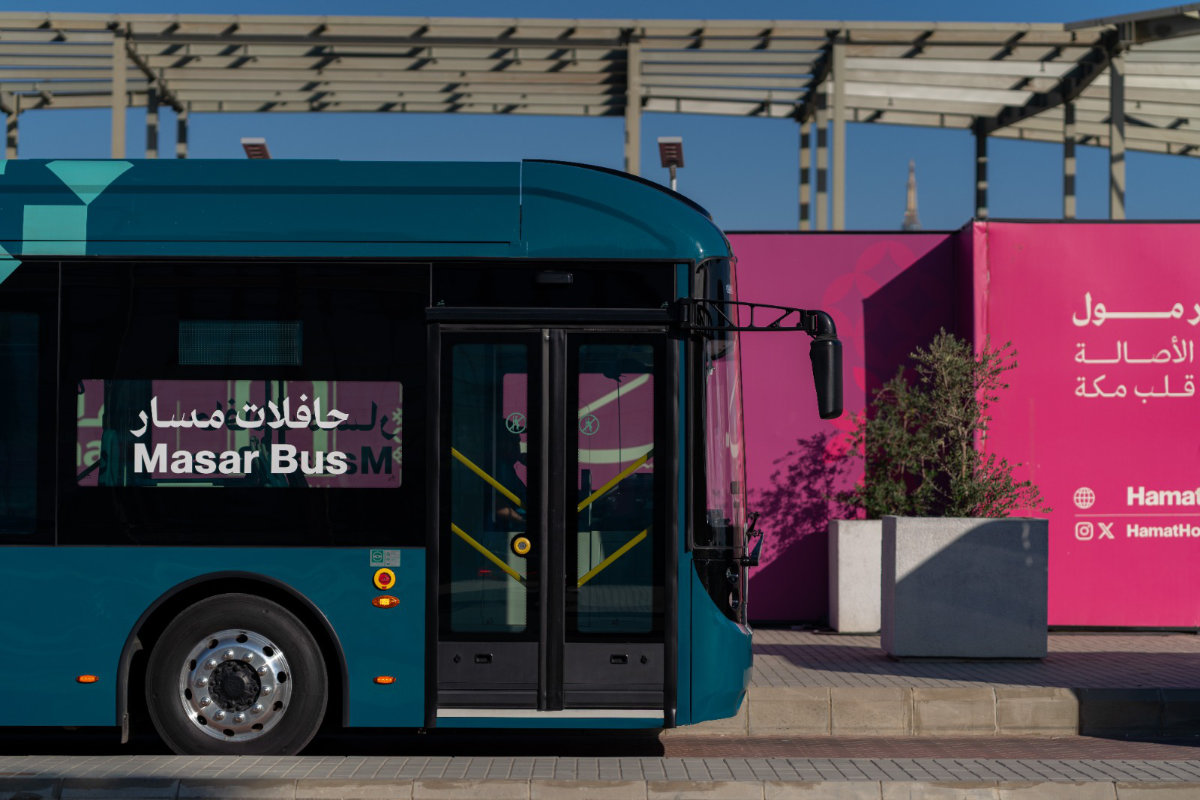Stan Lee, Marvel Comics’ legendary creator of super heroes and super villains, has left behind an enduring legacy for all ages — including for fans in the Middle East.
The wise-cracking, smart-mouthed godfather of contemporary comic books, who died aged 95 on Monday, created outcasts, misfits, super heroes and extraordinary characters from all walks of life, who found their way into almost every home in the world.
Lee wanted his characters to be “real,” have problems, girlfriends, children, alter-egos, crushes, and to fight with each other; all the while trying to find a place in society like everyone else. In doing so, he won the comic genre success among children, teens and adults alike.
“They’d be fallible and feisty and, most important of all, inside their colorful-costumed booties, they’d still have feet of clay,” Lee once said of his creations.
During the late 1970s and early 1980s, the Arab world was introduced to some of the comics published by Marvel through Behind the Universe (Ma Wara’a Al-Kawn), an initiative by Bizat Al-Rih in Lebanon. With a passion for visual tales and storytelling, editor-in-chief and Lebanese author Henry Mathews oversaw the translation process.
The magazine began with tales of science fiction, bringing in stills from “Star Trek” to tell the story to readers, before moving on to bigger Marvelverse characters that were thriving at the time such as “Spider-Man,” “The Hulk,” “Spider-Woman” and “Fantastic Four.” Later, an additional story was added to the collection, Japanese manga “Grendizer,” which was then animated and became a classic for Arab generations in the 1970s and 1980s.
@huda4comics is an Instagram account that has become a home for comic lovers who wish to relive their childhood by acquiring pieces from the past. They provide customers with collections of translated comics in Arabic and make it easier for people to find them by simply visiting their page rather than looking for stories that have ceased production, such as Behind the Universe.
Huda spoke to Arab News about her collection: “I’ve been collecting these specific publications (Behind the Universe) through many sources. Some I’ve gathered while traveling, others I’ve acquired through sellers online throughout the Arab world.”

Asked whether these rare publications’ value will rise with the death of Lee, Huda said: “I don’t think Arab fans will be affected by it. I think pieces that have been signed by Stan Lee himself, first and limited editions, and original art collections, will be affected by his passing, but not Arabic publications.”
Growing up, Huda had no interest in such collections, but as an adult she became passionate about providing fans with a place where they could get their hands on these rare treasures.
Riyadh-based Naif Alkhairallah, author of “Black Bonds,” got to know about super heroes through “Sesame Street,” which used to feature a sketch of “Spider-Man,” while the first comic book he read was a translated version of “Grendizer” on Behind the Universe.
“Since then, I have become fascinated by the world of super heroes and comic books,” he told Arab News in Jeddah’s first Comic Con in 2017, where he had a book launch.
Dr. Naif Al-Mutawa, creator of “The 99” and an award-winning entrepreneur and clinical psychologist, shared his memories and thoughts on the influence Stan Lee had on the world of comics in the Middle East. “I had lunch with Lee in the summer of 2007 in Beverly Hills, and had a really nice discussion about the work I was doing and the influence of ‘X-Men’ on ‘The 99’,” he said.
“I could connect with him because I had hired the former head of marketing, the former publisher, and the former editor-in-chief of Marvel — they were all working for me at the time. It was my way of attracting Western talents and my passport into the world of Stan Lee and former Marvel executives,” he said.
Having a team that had worked alongside Lee in some of Marvel’s most successful comics surely had an invaluable influence on helping to create and realize the grand vision of Al-Mutawa’s “The 99?”

Stan Lee made a number of movie cameos in the Marvel universe, including Spider-Man: Homecoming. He has also featured in the X-Men world.
“Absolutely. These are the writers that I used for ‘The 99.’ They’d worked on ‘Iron Man,’ ‘Spider-Man,’ ‘X-Men.’ One of them was involved in the creation of ‘Deadpool.’ One of my original artists who created the first iteration of the character guide of
‘The 99’ was the same person who did the original ‘X-Men.’ So I would
say definitely the influence was there — both stylistically in the creation of the characters, as well as ideologically,” he said.
With a career that spanned decades, he was instrumental in creating some of the most iconic TV and movie characters. Marvel movies conquered Hollywood, with more than $12 billion in global sales. The witty creator took any chance he could to make cameo appearances in every Marvel movie until his death.
Lee’s influence on the comic scene in the Arab region is very evident.
With more up-and-coming comic creators than ever, Lee’s work has shown that it can stand the test of time. Na3am, a new media company, launched a comic “Saudi Girls Revolution” and “Latifa,” Saudi Arabia’s first female comic super hero game.
In an interview earlier this year, Lee told Arab News that he was pleased by the number of fans that had flocked to the Middle East Film and Comic Con in Dubai. Although he never visited the Middle East, he said that his fanbase was beyond his expectations.
“It’s incredible that they have one out there,” he told Arab News. “They’ve always treated me kindly and with the utmost respect. They are an A-class show.”
When asked whether Marvel would introduce a Middle Eastern super hero on the big screen, Lee had no doubt it would happen. “It’s only a matter of time,” he said.
Abdulrahman Alhaidari, comic fanatic and instructor at Umm Al-Qura University in Makkah, said that he got into comics when he was very young, before he learned to read. He found the details of the drawing and the epic events that took place in the stories mesmerizing.
“Stan Lee was a legend among all fans of pop culture. We all loved his short appearances in all late Marvel movies, and he really showed us how humble and funny he is in his appearances in ‘The Big Bang Theory’ show.
“It takes a special character to have all that fame, power, glory, wealth, and yet to remain a down-to-earth, friendly person. I guess he showed us what a super hero he was. He will surely be missed by his fans all over the globe.”
Excelsior!
















